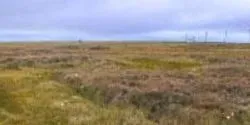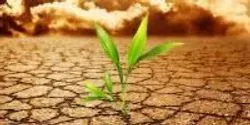climate change

There is cloud hanging over climate science, but one Cornell University expert on communication and environmental issues says he knows how to help clear the air.

Researchers at Queen’s University Belfast have found that the spread of an exotic parasite that threatens the UK’s honey-bee population could be speeded up by global warming.

University of Adelaide-led research will help pinpoint the impact of waves on sea ice, which is vulnerable to climate change, particularly in the Arctic where it is rapidly retreating.

If it were the end of the world as we know it, we’d be fine, according to Michigan Technological University professor Joshua Pearce.

The rapidly melting ice sheets on the coast of West Antarctica are a potential major contributor to rising ocean levels worldwide. Although warm water near the coast is thought to be the main factor causing the ice to melt, the process by which this water ends up near the cold continent is not well understood.













